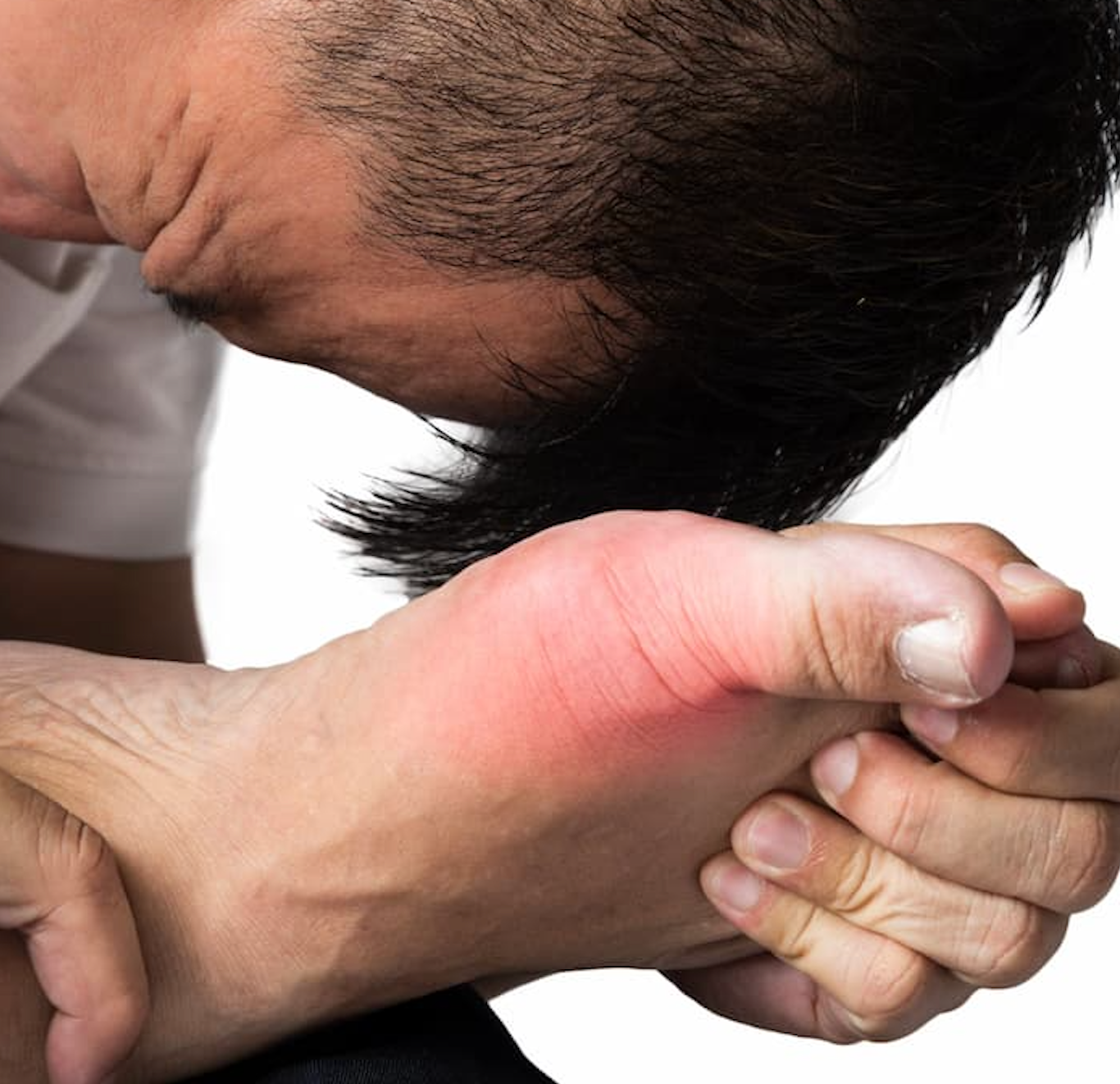News
Article
Bioequivalence Demonstrated Between HS628 and Reference Tocilizumab
Author(s):
Pharmacokinetic parameters and bioequivalence were comparable among patients receiving reference tocilizumab and its proposed biosimilar, HS628.
Pharmacokinetic (PK) similarly and bioequivalence were observed between the proposed tocilizumab biosimilar, HS628, and the reference drug (Actemra), according to a study published in Clinical and Translational Science.1 The safety and immunogenicity profiles were also comparable between the two.
Credit: Adobe Stock/ThamKC

Tocilizumab, a recombinant humanized immunoglobulin G1 monoclonal antibody, works by binding to interleukin-6 (IL-6) receptors and blocking the IL-6 mediated signal transduction. In addition to being US Food and Drug Administration (FDA)-approved for the treatment of rheumatoid arthritis (RA) and juvenile idiopathic arthritis, it has also been used as a therapeutic option for COVID-19 in hospitalized adult patients. In China, tocilizumab is also given to patients with extensive lung lesions and for severe cases with increased levels of IL-6 of with complications.2 HS628 was developed by Hisun Pharmaceutical in China as a proposed biosimilar of the reference drug.
“The efficacy of tocilizumab was assessed in several clinical studies, and it has been shown to improve the signs and symptoms of RA patients, to suppress the radiological progression of joint damage, and to improve the quality of life and physical disability,” wrote a team of Chinese investigators led by Hongjie Qian, associated with the Drug Clinical Trial Center, Shanghai Xuhui Central Hospital/Xuhui Hospital, Fudan University, China. “Three clinical studies have [also] been conducted to explore the bioequivalence of other tocilizumab biosimilars in recent years, in which the PK similarity of tocilizumab biosimilars have been exhibited.”
Eighty healthy Chinese male participants were randomized 1:1 to receive a single intravenous infusion of HS628 or tocilizumab 4 mg/kg over a 60-minute period. Patients were then required to stay at the Phase I Clinical Research Center for 96 hours post-infusion.
Immunogenicity and PK, which was defined using the bioequivalence criteria of between 80% – 125%, were assessed using blood samples collected at scheduled times until day 21. Safety was evaluated by physical examination, vital signs, clinical laboratory testing, and monitoring for treatment-emergent adverse events (TEAEs).
Most (n = 77) patients ultimately completed the study. The mean age, body weight, and body mass index (BMI) were comparable among patients receiving the biosimilar and those in the reference tocilizumab cohort (27.6 vs 27.1 years; 63.79 kg vs 63.29 kg; and 22.21 versus 22.44 kg/m2, respectively).
PK parameters were comparable among both cohorts. The ratio of geometric least-squares means (GMR) and it’s 90% confidence intervals (CIs) for the area under the serum concentration–time curve (AUC) from time zero to the last timepoint (AUC0–t), AUC from time zero extrapolated to infinity (AUC0–∞), and maximum observed serum concentration (Cmax) between the groups were 1.06 (1.00 – 1.12), 1.07 (1.00 – 1.14), and 1.04 (.99 – 1.10), respectively.
The most common TEAEs were oral ulcer, increased erythrocyte sedimentation rate, decreased fibrinogen, decreased neutrophils, and decreased leukocytes. These occurred in similar incidence rates among patients receiving the biosimilar and those treated with the reference product (114 TEAEs in 92.50% of patients vs 115 TEAEs in 86.49% of patients, respectively). No severe or serious adverse events were reported, and no deaths occurred in either group.
“The results of the present study provide strong evidence to support the PK similarity and bioequivalence of HS628 and Actemra, and to assess the safety and immunogenicity of tocilizumab biosimilar HS628 as required by international guidelines on biosimilarity,” investigators concluded. “A phase III clinical study is currently in progress to compare the efficacy and safety of HS628 and Actemra in patients with moderate to severe RA.”
References
- Qian H, Cheng J, Gui Y, et al. A phase I study comparing the pharmacokinetics and safety of HS628 (tocilizumab biosimilar) and reference tocilizumab in healthy male subjects [published online ahead of print, 2023 Jul 4]. Clin Transl Sci. 2023;10.1111/cts.13584. doi:10.1111/cts.13584
- National Health Commission & State Administration, Traditional Chinese Medicine. Diagnosis and Treatment Protocol for Novel Coronavirus Pneumonia. 2020. Accessed June 29, 2020. https://www.chinalawtranslate.com/wp-content/uploads/2020/03/Who-translation.pdf





